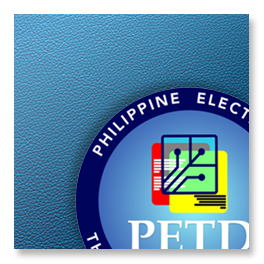Music Software in the Compositional Learning Process
Abstract: Computer software for music has made a significant impact by affecting the perspective of music making, music creating, music education, music production, and music distribution. This impact continues to evolve as individuals seek new avenues of musical expression. Through the papers included in this document, I seek to explore the range and impact of computer software in music, especially software related to music creativity and composition. The first paper is a review of literature concerning the effect of software on creative thought, creativity in music, and the influence this has had in musical composition. In this paper I also explore various techniques of composition, including linear and non-linear processes, which make use of the computer and music software. The second paper is a case study examining the use of music software in a compositional process. In this paper I explore the experiences of the student who was learning to compose music using music software. It offers the perspectives of the students as they developed through each step of the compositional process. It is important that the reader understand the distinction between composition and improvisation as discussed in these two papers. Simply stated, the act of composing is described as the process of forming, making, creating, or constructing music with various elements, phrases, or sections of music. Composing music is often associated with a skill set that captures inspiration and transforms it into a permanent record. Improvisation is the act of creating and playing new music without specific forethought or prior preparation. It can also be define as a skill of creating music in a spontaneous, impromptu, or impulsive way.
Related Resources
This disseration discusses classical music culture from the standpoint of interpretation, discourse, and personal reflection
Student funds of knowledge and asset-based instruction provide educators with an opportunity to meet the academic needs of their students. An increase in student engagement and involvement can lead to improvement in academics. This study is about how asset-based instruction improved a third grade student’s academic achievement, improvement, and engagement in the classroom. ( en )
